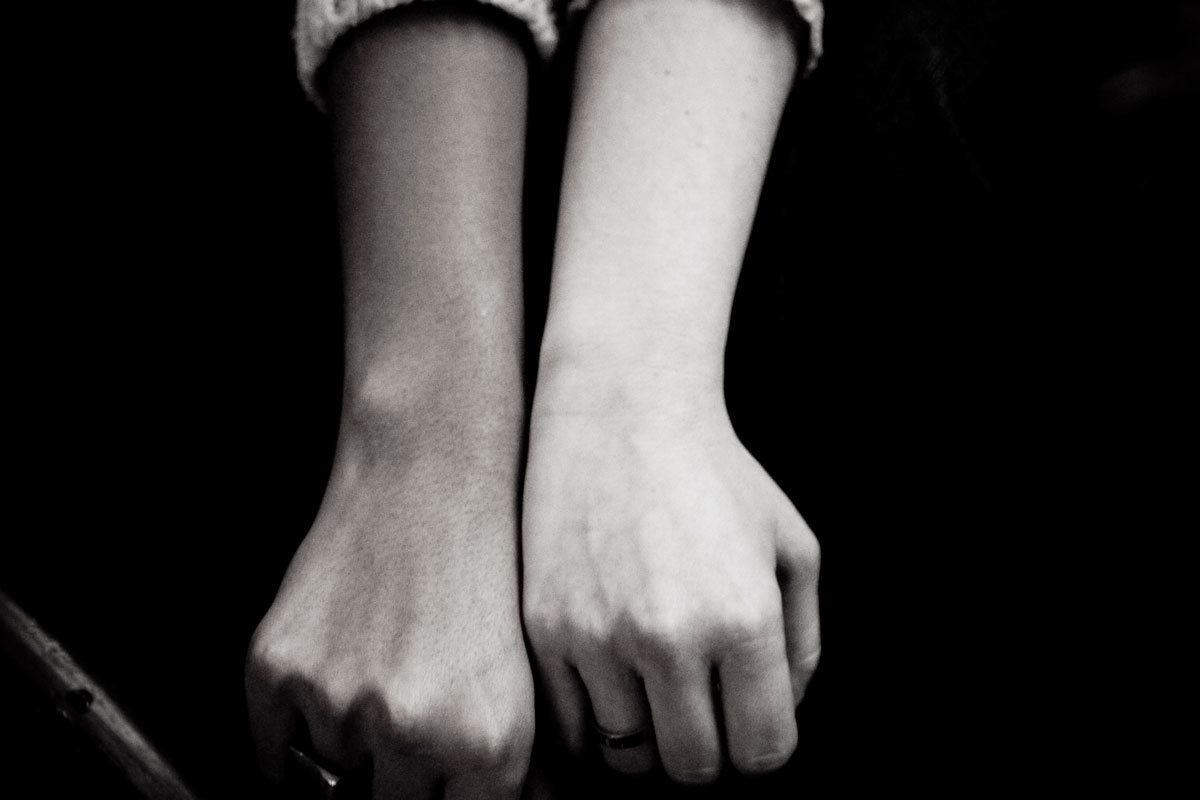I was always taught, in a very ethnically diverse inner city school in south London, that the colour of one’s skin doesn’t matter, because we are all just people. Sadly, skin colour does have an effect on our daily lives, on how we self-identify, and how people receive us at face value. It has also infiltrated our modern culture. Take for example, the MOBO Awards. The word MOBO is an acronym, which stands for ‘Music of Black Origin’. Doesn’t such a statement imply that ‘black’ is a place? So I ask myself, what is black?
On the 5th of November 2008 the Washington Post published the headline Obama Makes History; U.S. Decisively Elects First Black President. This was a historic global event; it was the first time a person with dark skin had ascended to head office in a predominantly white country. Subsequently, the BBC published an article entitled Could Britain have a Black PM? [7th of November 2008]. The headlines caught my attention, on a personal level. I started reading about the black President of the USA on the internet, and being an individual of mixed ethnicity myself (Egyptian and British), I couldn’t help but notice that Barack Obama is actually mixed-race; his father is black and his mother is white. Similarly, the first ‘black woman’ to win an Academy Award was Halle Berry, whose father is black and mother white. So Barack Obama and Halle Berry are like me, persons of mixed ethnicity.
Based on the information above, it appears that if one parent is white and the other is black, then you’re black. If both parents are black, you’re black. Conversely, only if both parents are white, is the person white. So to be white requires ‘purity’, but to be black requires ‘purity’, or partial black ancestry, which leads to the question: is ethnicity the same thing as race?
According to the Oxford English dictionary, the word Race is defined as ‘a group of people sharing the same culture, history, language, etc.; an ethnic group‘. In turn, the word ethnicity is defined as ‘the fact or state of belonging to a social group that has a common national or cultural tradition‘. So what of people of mixed ethnicity? Do we belong more to one of our specific ethnicities than the other? Are we a member of both ethnicities? Or are we a radical new, colourless ethnicity?
I thought about this for a while, and I recalled all the equality sections of job application forms I’ve filled in over the years. According to these forms I am a ‘Mixed Other’. However, according to the Oxford English dictionary, ‘a person whose parents are of different races‘ is termed ‘Half-Caste’. So, there you have it, I am officially half-caste. So why isn’t that an option in the equality and diversity section of application forms? Oh yeah, it’s a derogatory term that implies my two halves are not equal.
You might presume that being of mixed ethnicity is a bonus. We have the best of both worlds in a cultural sense, right? Well, in some ways, yes. Growing up, my brother and I found racism to be the totally ridiculous concept that it is, because our mum is as white as chalk and our dad literally looks like Bobby Farrell (member of the 1970’s band, Boney M). However, we also found that mixed people can be both racially stereotyped and discriminated against on both sides. For example, my brother has darker skin than I do, where I look ‘white’ and he self-identifies as ‘beige’ (or beigeian, when asked of his ethnicity). Only last year he was told to ‘f**k off back to his own country’ while watching football in a pub near Barking, this was very confusing for him, because he was in his own country at the time.
In a way, there is a dark-side to being mixed (no pun intended). For example, my mates were all British as kids, but being a council estate in London, many of us were first-generation Brits, mostly from West African nations and the Caribbean, and they would refer to us as the white Africans (I must state that this was always tongue in cheek). However, our mates with Egyptian parents called us English, and those with English parents referred to us as Arabs.
Combined, our experiences have caused us to grow up feeling like ethnic outcasts, a feeling that resounds till this day. We, of mixed ethnicity, aren’t directly singled out by hate groups, but terms like ‘Half-Caste’ endure. It is no secret that there is opposition to mixed-race relations by racist and/or xenophobic people in all nations, and it’s worth making clear that I’ve heard black, white, and Arabic people voice distaste to racial mixing; racism isn’t just a white problem. I have no idea if sentiments such as my own are felt by other people of mixed ethnicity, but I’m curious to find out…
Credits
Photography Raphael Strada
